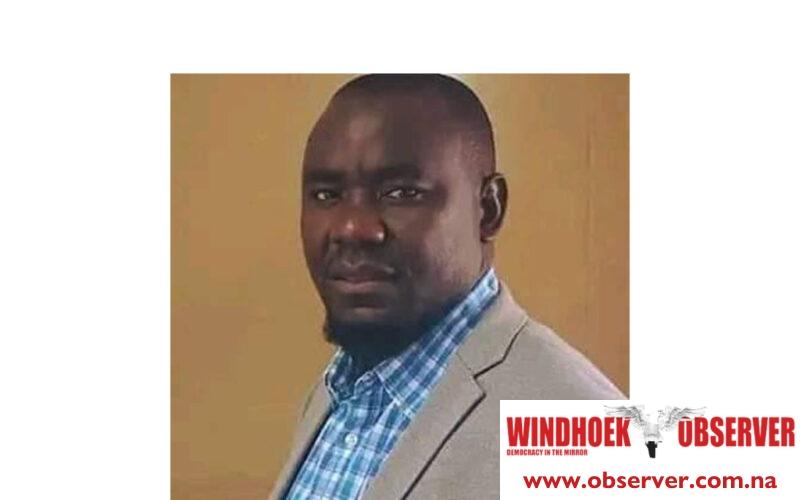22
Jan
Reflections on Swapo’s newly appointed Think Tank Paul T. Shipale (with inputs by Folito Nghitongovali Diawara Gaspar) The recent appointment of the ruling party’s think tank has reignited a familiar and uncomfortable national conversation about governance, accountability, and policy effectiveness. This is not an abstract academic debate. It speaks directly to long-standing concerns about how ideas are translated into action and whether Namibia’s political system is equipped to confront its structural challenges with honesty and intellectual courage. These concerns were already articulated in our earlier analysis, “A Transformative Agenda for Namibia’s Invisible Workforce: From Informal to Formal.” The central proposition…




